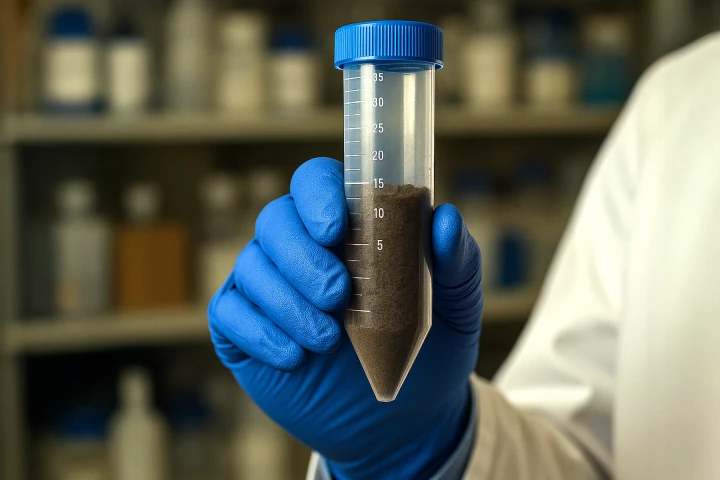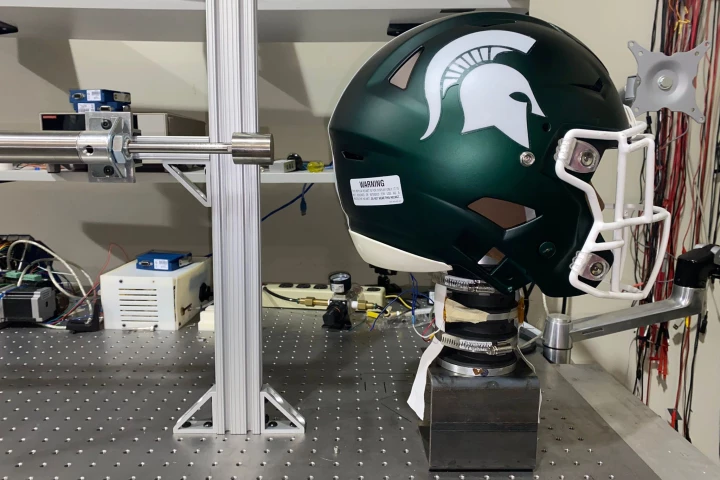Michigan State University
-
A new study from scientists at Michigan State University sheds light on a recently discovered microbe and its potential for scavenging pollutants in deep soil. Further work could lead to novel solutions in providing clean drinking water worldwide.
-
Sticky plaques building up on the walls of your blood vessels can lead to heart attacks and strokes. Now, a new nanoparticle infusion therapy has been found to break down these plaques safely in tests in pigs.
-
Taking placebos fully aware that they contain no active ingredients can still significantly reduce stress, anxiety and depression according to a new study. It’s suggested that these 'non-deceptive placebos' might be an effective way of improving mental health.
-
The first study to measure the concentration of metals in tampons has found that several brands contain concerning amounts of lead, arsenic and cadmium. More research is needed to determine whether the presence of these toxic metals poses a health risk.
-
In a true public service, potato scientists have flicked the 'off' switch on a genetic mechanism that causes cold-stored taters to produce carcinogenic acrylamide when cooked. It means that one of the world's greatest food groups could be made healthier.
-
Scientists have discovered that the giant panda, long considered a bit of a loner, has a surprisingly active social life, communicating with friends and family in a way that's akin to sharing status updates on Facebook.
-
Scientists have discovered that the Sun produces higher energy light than was thought possible. An unusual type of telescope detected gamma rays with energies of over 1 tera electron volt, at least five times more energetic than previously known.
-
One of the dangerous things about sports-related concussions is the fact that athletes may not realize they have one, so they don't seek medical attention. A new sensor could let them know, and it would go on their neck, not their head.
-
Cardiovascular diseases are the leading cause of death worldwide, but numbers could be reduced with better early warning systems. A new study has outlined just such a system, using nanoparticles that make atherosclerotic plaques emit ultrasound waves.
-
Chronic wounds can be very difficult to treat, potentially leading to amputations or even death due to associated infections. A new dressing, however, may be able to heal such wounds while remaining much less expensive than other materials.
-
The skin is the body’s first line of defense against infection, and new research has brought us closer to understanding how it works. Researchers at Yale have identified how immune cells spread themselves out to maintain the most effective patrol.
-
The ingenuity of bacteria keeps surprising scientists. The latest example is a species called Geobacter sulfurreducens, which has now been found to survive exposure to toxic cobalt by building a metal “suit” like a tiny little Iron Man.
Load More











